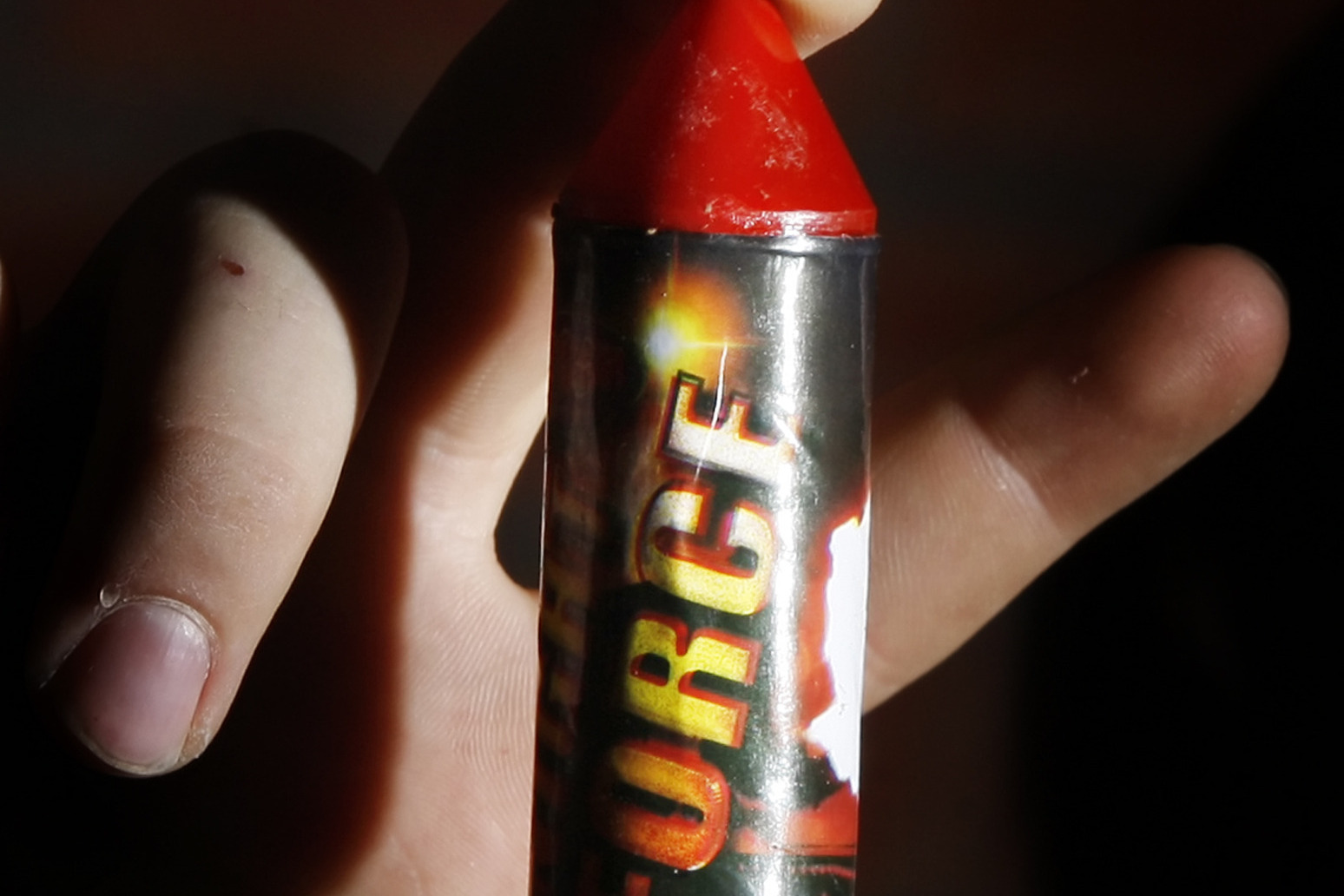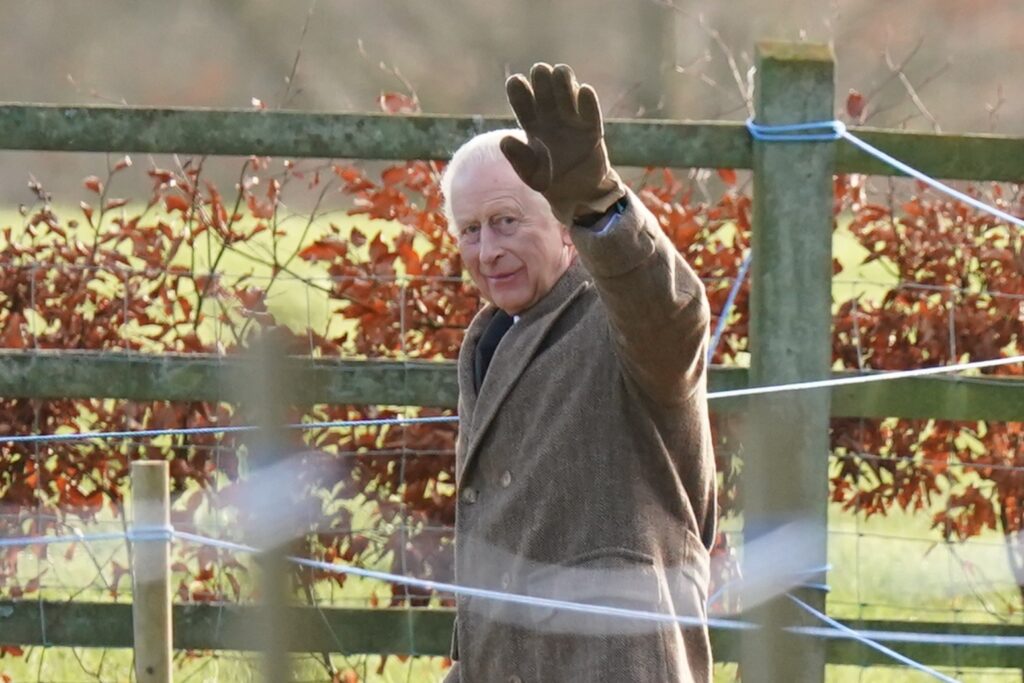This website uses cookies so that we can provide you with the best user experience possible. Cookie information is stored in your browser and performs functions such as recognising you when you return to our website and helping our team to understand which sections of the website you find most interesting and useful.
Fireworks warning from top doctor
04/11/2021

It comes on Diwali and ahead of Bonfire Night
People are being urged to take extra precautions with fireworks as they celebrate Diwali and Bonfire Night.
Some locally organised celebrations have been postponed for a second year running – and a number of people have planned festivities at home.
But a top children’s doctor has urged people to be extra careful when handling sparklers or fireworks.
The NHS in England said that in 2020/2021 there were 116 hospital admissions of people injured by fireworks.
Of these, 21 involved children aged 14 or under.
And nine children aged between one and four were admitted for firework injuries.
Professor Simon Kenny, national clinical director for children and young people for the NHS in England, said: “Bonfire Night and Diwali are great opportunities to celebrate, but we want everyone to enjoy them safely and children may not always realise the risks posed by fireworks, bonfires and sparklers.
“So if you are attending or hosting a firework display it’s really important to take care and ensure that youngsters are properly supervised.
“And please make sure you know what to do if an accident does occur, whether that is applying basic first aid yourself, consulting 111 online for less serious injuries or calling 999 where it is life-threatening.”
The Child Accident Prevention Trust is encouraging the public, especially families with young children, to remember the “Stop, Drop and Roll” technique.
If clothes do catch fire, Capt recommends you stop whatever you are doing, drop to the ground and cover your face with your hands, and roll over and over to put out the flames.
The call comes as the NHS was already experiencing record demand for emergency services, with ambulances responding to 76,000 life-threatening incidents and call handlers taking more than one million 999 calls in September alone.
Published: by Radio NewsHub



